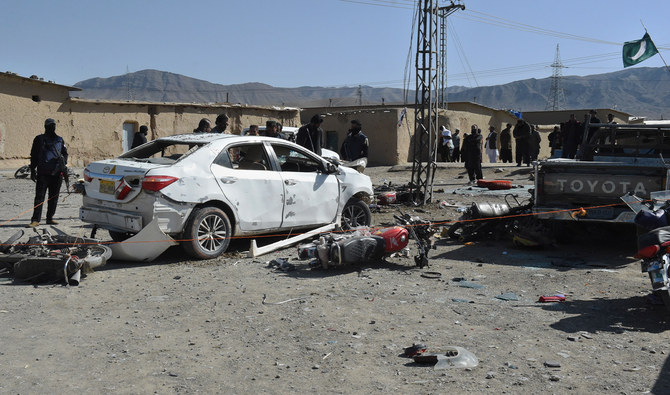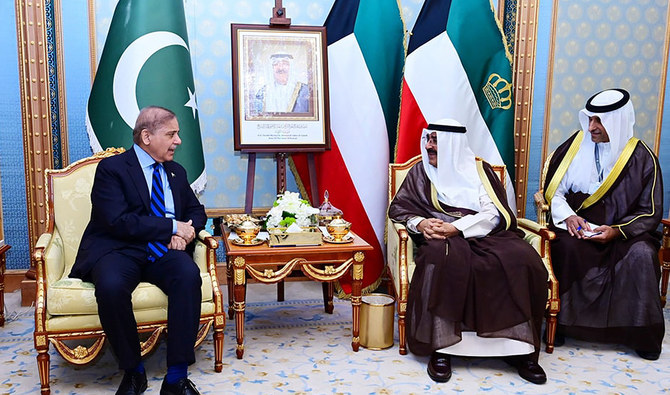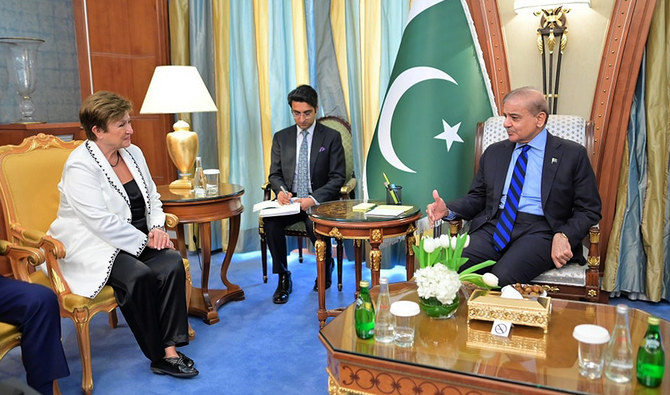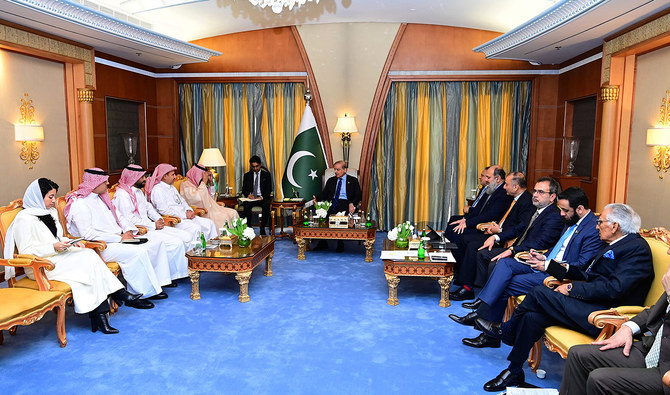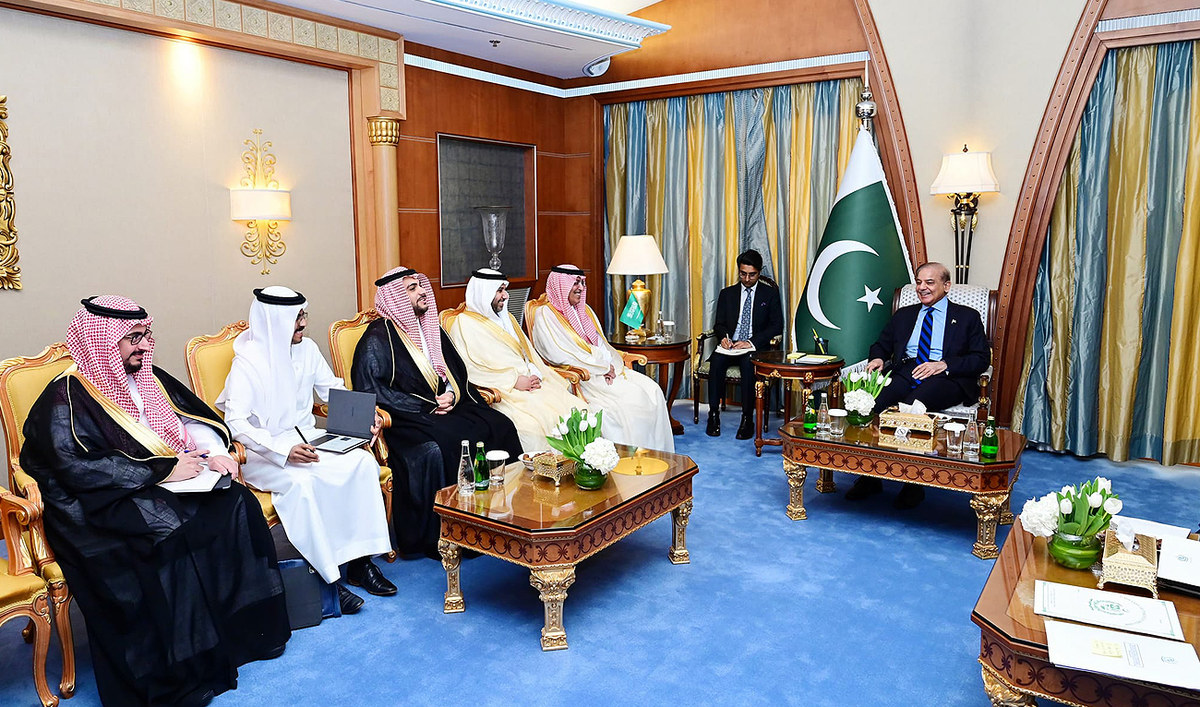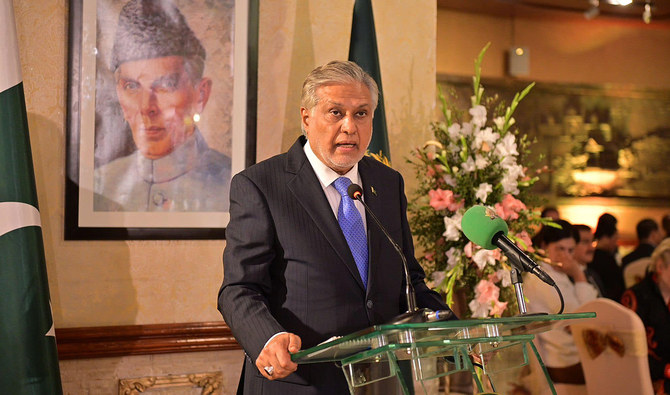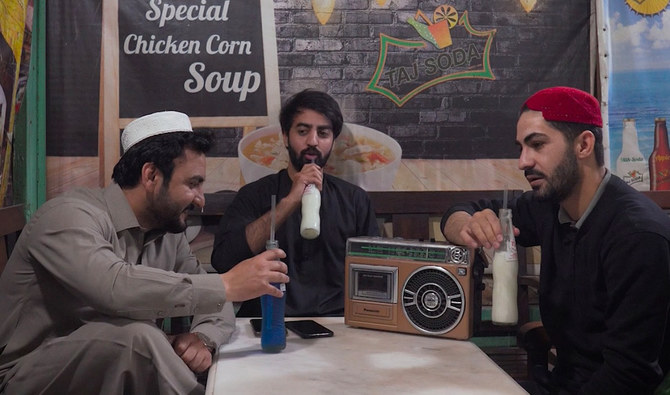QUETTA/KARACHI: At least 28 people were killed and over 40 injured in violent incidents in the southern region of Pakistan on Wednesday, including two separate blasts targeting election candidates in Balochistan a day before the country of 241 million goes to the polls on Thursday.
The general election on Feb. 8 comes as militancy is on the rise, among a host of other problems such as decades-high inflation and an economy that has come to a grinding halt as Pakistan navigates a tough International Monetary Fund (IMF) bailout program.
Pakistan’s Balochistan province has been particularly vulnerable to violence in the run-up to polls with over two dozen attacks recorded since last week.
On Wednesday, a blast rocked the Khanozai area of the province’s Pishin district outside the election office of an independent candidate, Asfand Yar Kakar, according to the region’s assistant commissioner Dheeraj Kalra.
“Seventeen people were killed in the attack while 21 injured before they were taken to a nearby hospital,” he told Arab News. “Preliminary investigation by the police and law enforcement agencies revealed that an improvised explosive device [IED], fitted inside a motorbike, was used.”
A spokesperson for the provincial health department, Dr. Waseem Baig, said that 14 of those injured in the blast had been referred to Quetta.
“Six bodies were also shifted to the morgue for autopsy and further medico-legal procedure,” he added.
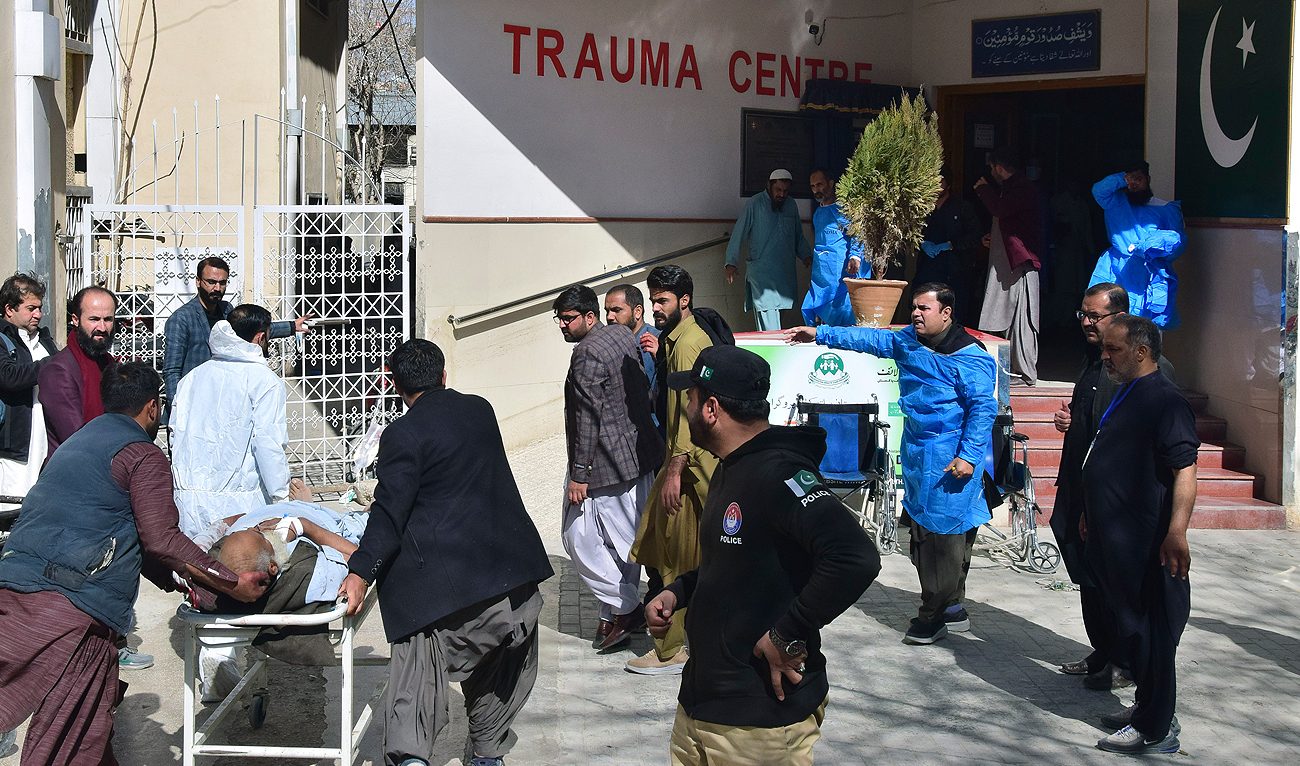
Workers transport a victim from Pashin district's bomb blast, upon arrival at a hospital in Quetta on February 7, 2024. (AP)
An hour after the first blast in Khanozai, a second blast took place near the office of a Pakistani religious political party led by Maulana Fazalur Rehman.
“Ten people were killed and more than 20 injured in an IED blast that targeted Jamiat-e-Ulama-e-Islam’s office in Killa Saifullah,” the area’s senior superintendent of police, Akhtar Khan Achakzai, told Arab News, “Police and other security personnel reached the blast site to investigate the attack targeting the election office of the religious party.”
Balochistan’s Caretaker Information Minister, Jan Achakzai, said provincial Ameer of the JUI-F leader Maulana Abdul Wasay was unharmed in the attack, which he described as an attempt to “sabotage” elections in the southwestern province.
“Terrorists will not succeed in their mission and till the last terrorist is not eliminated, our war will continue,” he added.
The provincial authorities sent a helicopter to airlift the critically injured people in the Killa Saifullah blast and brought them to Quetta for better health care.
According to Reuters, Daesh claimed responsibility for the blast in Pishin on its Telegram channel, though it is not clear if it also carried out the attack in Killa Saifullah.
Another violent incident also took place in Pakistan’s commercial capital Karachi in Sindh province where police said a suspect was killed when a hand grenade went off in his hand that also seriously wounded two others in the Gulshan-e-Iqbal neighborhood.
“A terrorist was carrying a hand grenade and it went off in his hand, killing him on the spot,” Senior Superintendent Police Irfan Bahadur said, adding the suspect could not be identified.
“We cannot predict the motive and the possible target of the terrorist,” he continued.
Hasan Khan, spokesperson of Rescue 1122, said two people were injured and one of the was taken to hospital in a critical condition.
“When our paramedics examined one of them, there was no discernible sign of life, but his medical status can only be confirmed officially by the hospital,” he added.
Sindh’s Caretaker Home Minister Brig. (r) Haris Nawaz took notice of the incident and directed the law enforcers to strengthen security measures in Karachi.
On Sunday, Balochistan Information Minister Jan Achakzai announced a ban on public gatherings and election meetings in the provincial capital of Quetta in response to a threat alert involving a female suicide bomber.
Balochistan, Pakistan’s largest province by land but most underdeveloped by nearly all socio-economic indicators, has seen a rise in violence ahead of elections. This included a blast at a rally led by former prime minister Imran Khan’s Pakistan Tehreek-e-Insaf (PTI) party in Sibi city on Jan. 30.
On Feb. 4, a grenade attack was launched on the Election Commission of Pakistan’s (ECP) office in Nushki district while in a separate assault, unidentified gunmen attacked the station of the paramilitary Levies force in the mountainous Bolan region. No casualties were reported.
The Pakistan military killed 24 militants in a days-long operation that began on Jan. 29 when armed militants carried out coordinated attacks in Mach and Kolpur cities in Balochistan.
The province has for decades been the scene of a low-lying insurgency by ethnic Baloch militants fighting for independence from the Pakistani state.




